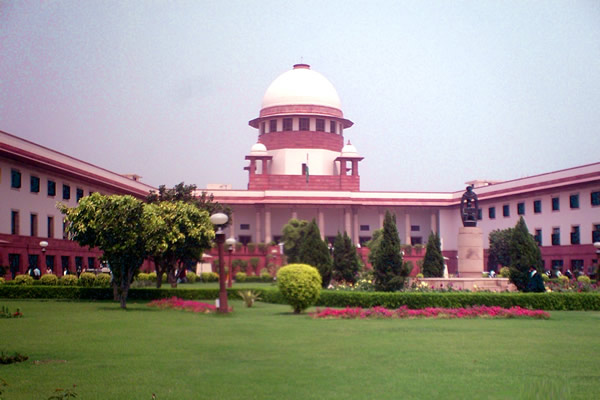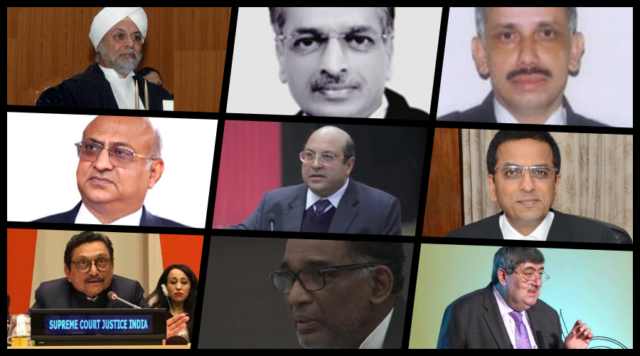
The Indian Supreme Court made headlines today after ruling that citizens have a fundamental right to privacy. The Justices ruled unanimously that privacy “is an intrinsic part of Article 21 [of India’s Constitution] that protects life and liberty.” “Privacy includes at its core the preservation of personal intimacies, the sanctity of family life, marriage, procreation, the home and sexual orientation,” the decision reads.
This ruling was part of a case regarding the Indian government’s new biometric identification program, Aadhaar. Aadhaar was initially developed as a means to combat welfare fraud, but has since ballooned, and has become mandatory for paying taxes, opening and accessing bank accounts, and receiving government benefits in the first place.

Authorities want participation in Aadhaar, which collects citizens’ fingerprints and iris scans, to be compulsory; human rights groups object to the misuse of personal data. The petitioners who brought Aadhaar to the Supreme Court argue that the program “would help the authorities create a comprehensive profile of a person’s spending habits and expressed apprehension that this data could be misused by a government which does not believe in people’s right to privacy.”
The government’s rebuttal? Citizens “[do] not have absolute right over their bodies,” and therefore could be forced to submit their biometrics.
The Supreme Court’s decision, then, that an individual’s right to privacy (and, by extension, autonomy) cannot be encroached upon by the government, represents a huge step away from the threat of totalitarianism that looms over all of us—and implies a huge step towards equality for LGBT citizens.

India is one of the only modern democracies that still criminalizes consensual same-sex relationships; LGBTQ Indians live under constant threat of violence and discrimination, thanks to a 2013 ruling that reinstated colonial-era anti-sodomy laws. But as of the court’s redefining the right to privacy, there may be hope for change on the horizon: the judges’ decision says, “Sexual orientation is an essential attribute of privacy. Discrimination against an individual on the basis of sexual orientation is deeply offensive to the dignity and self-worth of the individual.” The Indian government may finally get out of citizens’ bodies and bedrooms.
Do you follow us on Facebook?

What Do You Think?